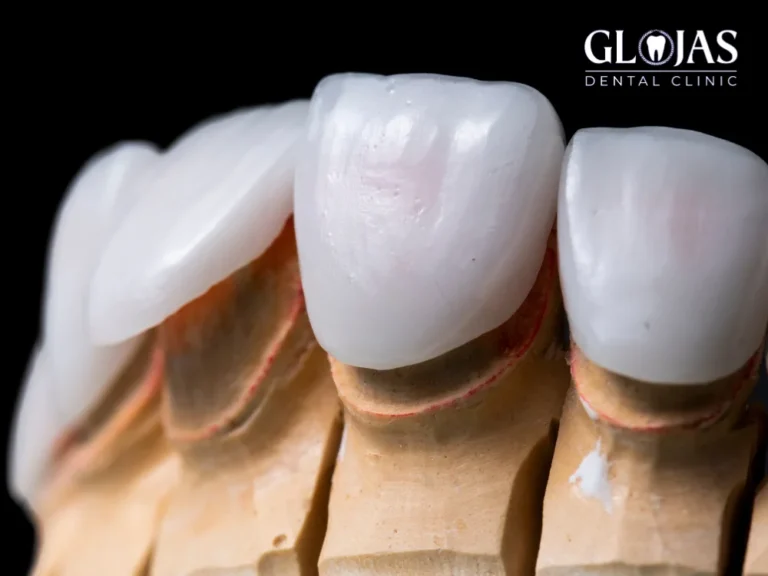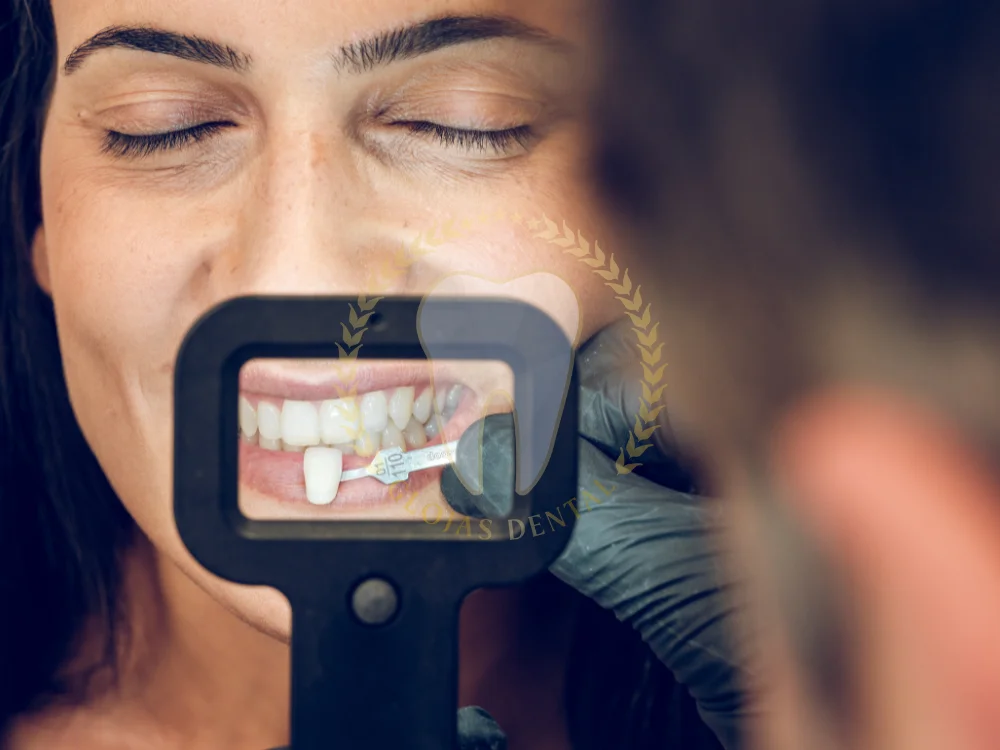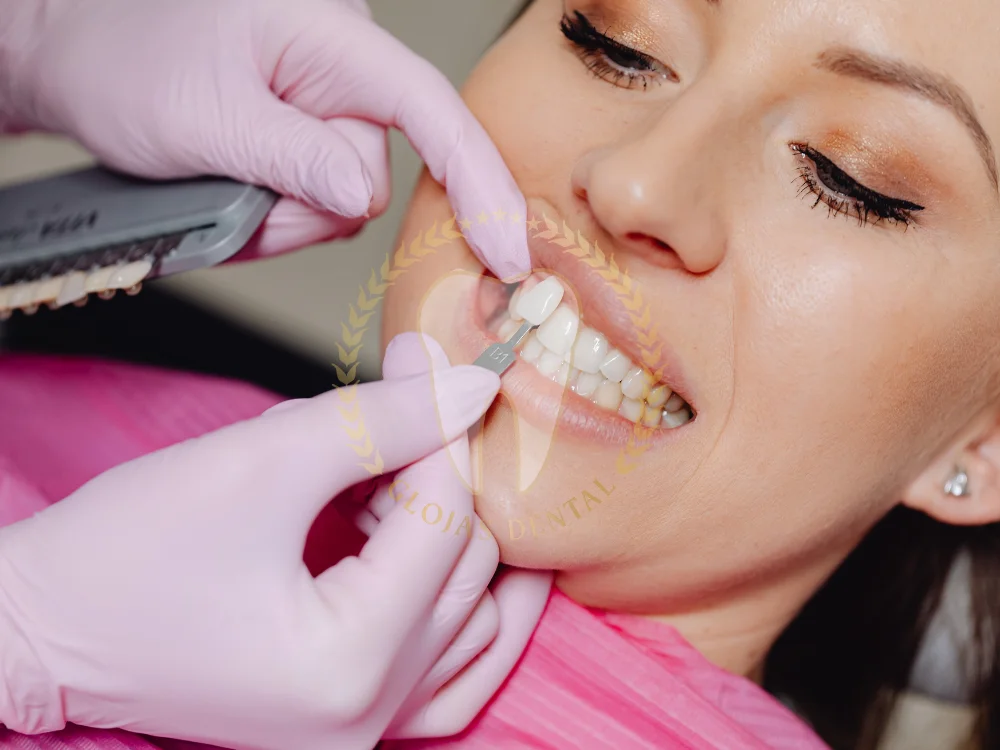A beautiful smile can significantly enhance your overall appearance and boost your self-confidence. In recent years, veneer teeth have emerged as a popular cosmetic dentistry solution to achieve a flawless smile. These thin, custom-made shells are bonded to the front surface of teeth, concealing imperfections and creating a stunning, natural-looking result.
Veneer teeth can address a variety of dental concerns, including chipped, cracked, discolored, or misaligned teeth. They offer a conservative and minimally invasive approach to improving your smile, often requiring less tooth preparation than traditional crowns.
In this article, we will delve into the world of veneer teeth, exploring their benefits, the procedure involved, and essential aftercare tips. We will also discuss the factors to consider when choosing veneer teeth and how to maintain a beautiful smile for years to come.
What Are Veneer Teeth?
Veneers are a popular cosmetic dentistry procedure that can dramatically enhance the appearance of your smile. These thin, custom-made shells, typically made from porcelain or composite resin, are bonded to the front surface of your teeth to conceal imperfections and create a beautiful, natural-looking smile. By understanding the benefits and process of veneer treatment, you can make an informed decision about whether veneers are the right solution for your smile goals.
Why Choose Veneer Teeth?
Aesthetic Perfection
Veneers are meticulously crafted to match the size, shape, and color of your teeth, ensuring a seamless, natural appearance.
Durable and Long-Lasting
Porcelain veneers, in particular, can last 10–15 years with proper care, making them a worthwhile investment in your smile.
Customizable Solution
Veneers are tailored to your unique dental structure, allowing for personalized results that enhance your facial features.
The Veneer Teeth Procedure: Step-by-Step
1. Initial Consultation
During your first visit, your dentist will assess your dental health, discuss your goals, and determine if veneer teeth are right for you.
2. Tooth Preparation
A small amount of enamel is removed from the front of the tooth to create space for the veneer. This ensures a natural fit and appearance.
3. Impressions and Temporary Veneers
Impressions of your teeth are taken and sent to a lab for custom veneer creation. Temporary veneers may be placed to protect your teeth in the meantime.
4. Veneer Bonding
Once your custom veneers are ready, they are bonded to your teeth using a special adhesive, and the dentist makes final adjustments for a perfect fit.
Top 7 Benefits of Veneer Teeth
1. Immediate Confidence Boost
Veneers provide an instant transformation, giving you a smile you’ll want to show off.
2. Whiter, Brighter Teeth
Veneer teeth can mask stubborn stains and discolorations that don’t respond to whitening treatments.
3. Corrects Minor Imperfections
From chipped edges to small gaps, veneers can address a variety of cosmetic issues.
4. Low Maintenance
Caring for veneer teeth is as simple as maintaining your natural teeth—regular brushing, flossing, and dental checkups are all you need.
5. Stain Resistance
Porcelain veneers are highly resistant to staining, keeping your smile brighter for longer.
6. Minimally Invasive Procedure
Unlike crowns, which require significant tooth reshaping, veneers involve minimal alteration of your natural teeth.
7. Long-Term Value
Though initially costly, veneer teeth are a durable solution, offering excellent value over time.
Porcelain vs. Composite Veneer Teeth: Which Is Better?
Porcelain Veneers
- Pros: Durable, stain-resistant, natural-looking.
- Cons: More expensive, requires multiple visits.
Composite Veneers
- Pros: Affordable, can be applied in one visit.
- Cons: Less durable, prone to staining over time.
How Much Do Veneer Teeth Cost?
The cost of veneer teeth varies depending on the material and your dentist’s expertise.
- Porcelain Veneers: $900–$2,500 per tooth.
- Composite Veneers: $250–$1,500 per tooth.
While veneers are not usually covered by insurance, financing options may be available to help manage the cost.
Are You a Candidate for Veneer Teeth?
Veneer teeth are an excellent option if you:
- Have healthy teeth and gums.
- Want to correct cosmetic imperfections like chips, stains, or gaps.
- Are committed to maintaining good oral hygiene.
However, those with severe tooth decay or gum disease may need to address these issues before considering veneers.
Caring for Veneer Teeth
Daily Care
- Use a soft-bristle toothbrush and non-abrasive toothpaste.
- Avoid biting into hard objects like ice or pens.
Dietary Tips
Limit foods and beverages that can stain, such as coffee and red wine, to maintain the appearance of your veneers.
Routine Checkups
Regular dental checkups are crucial for maintaining the health and longevity of your veneers and natural teeth. By scheduling regular dental checkups, you can proactively address any potential issues and ensure the long-term success of your veneer treatment.
Frequently Asked Questions (FAQs)
1. What is the lifespan of veneer teeth?
Porcelain veneers typically last 10–15 years, while composite veneers last 5–7 years with proper care.
2. Can veneer teeth be whitened?
No, veneers cannot be whitened. However, maintaining good oral hygiene can keep them looking bright.
3. Are veneer teeth reversible?
Porcelain veneers are not reversible due to the enamel removal process. Composite veneers may be adjusted or replaced.
4. Do veneer teeth feel natural?
Yes, veneers are designed to feel like your natural teeth and function just as effectively.
5. Are veneers painful to get?
The procedure is minimally invasive and typically involves little to no discomfort. Local anesthesia is used during the tooth preparation stage.
6. Can anyone get veneer teeth?
Veneers are suitable for most people with healthy teeth and gums. Your dentist will evaluate your eligibility during a consultation.
Conclusion
Dental veneers offer a versatile and effective solution for enhancing the appearance of your smile. By addressing a wide range of dental imperfections, including chips, cracks, discoloration, gaps, and misalignment, veneers can dramatically improve your self-confidence and overall quality of life.
When considering veneers, it’s essential to consult with a qualified cosmetic dentist to discuss your specific needs and goals. They can assess your oral health, evaluate your candidacy for veneers, and guide you through the treatment process.
By investing in veneers, you’re not just enhancing your smile; you’re investing in your self-esteem and overall well-being. With proper care and maintenance, veneers can last for many years, providing you with a beautiful and functional smile.



